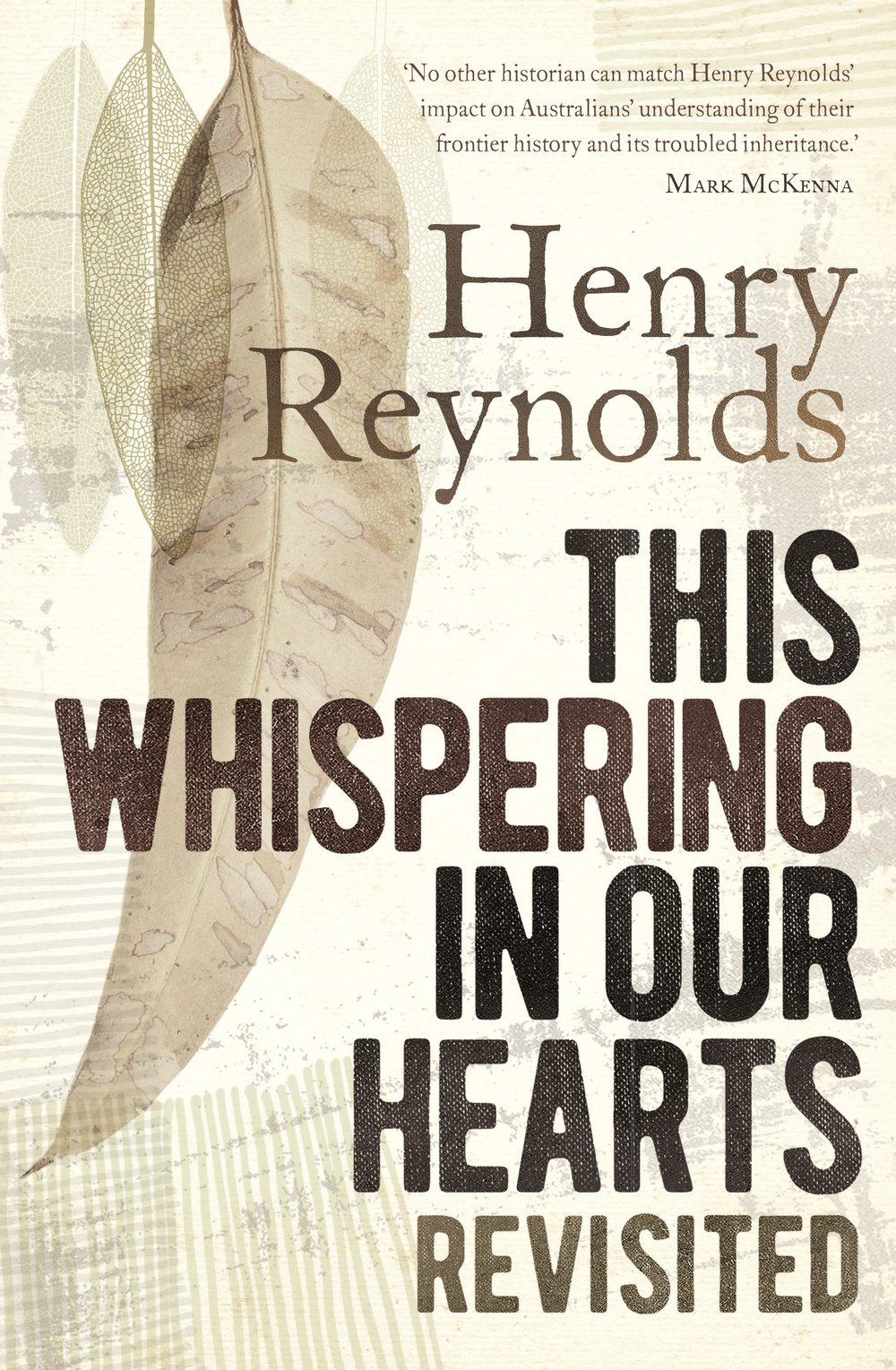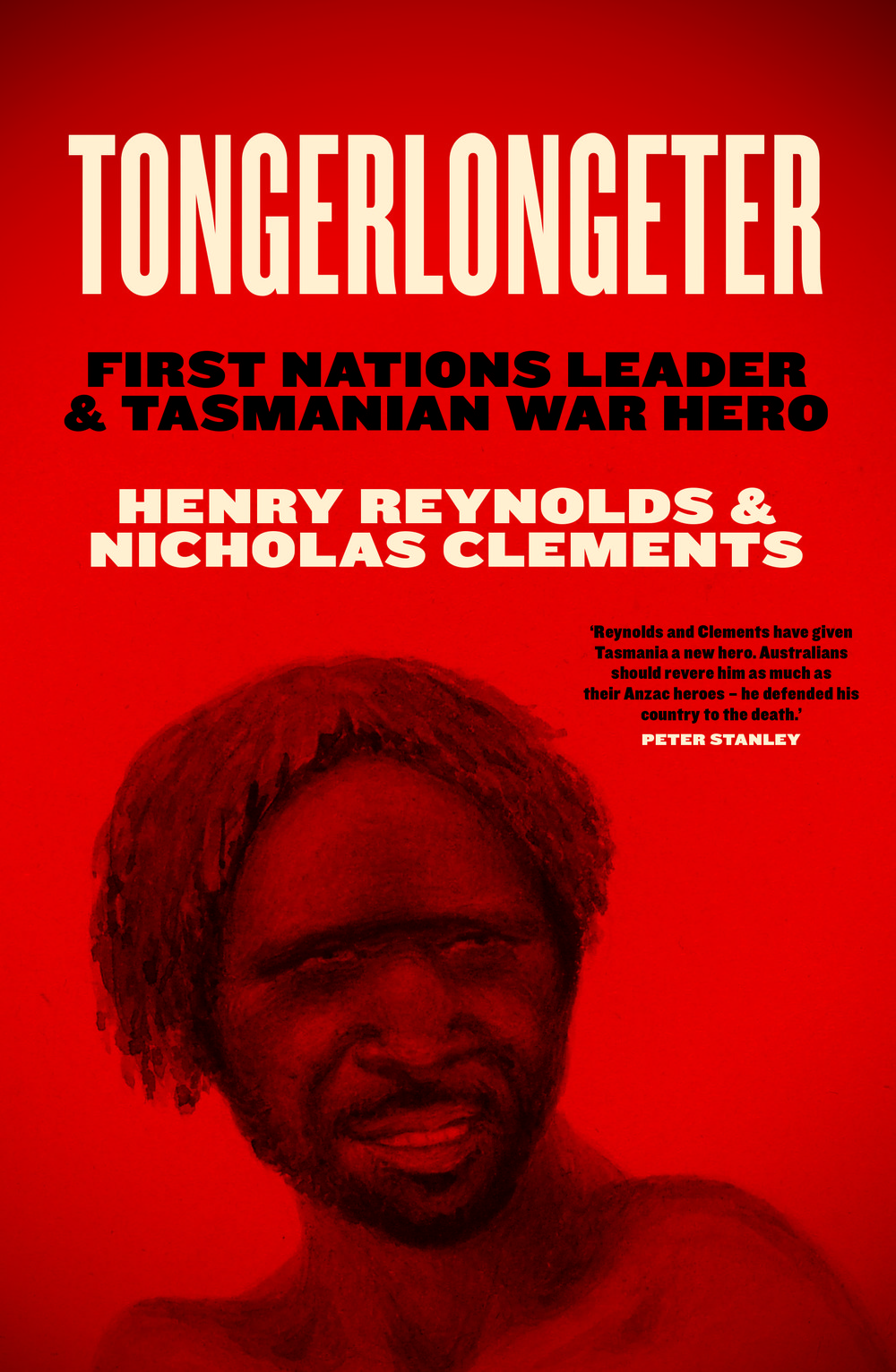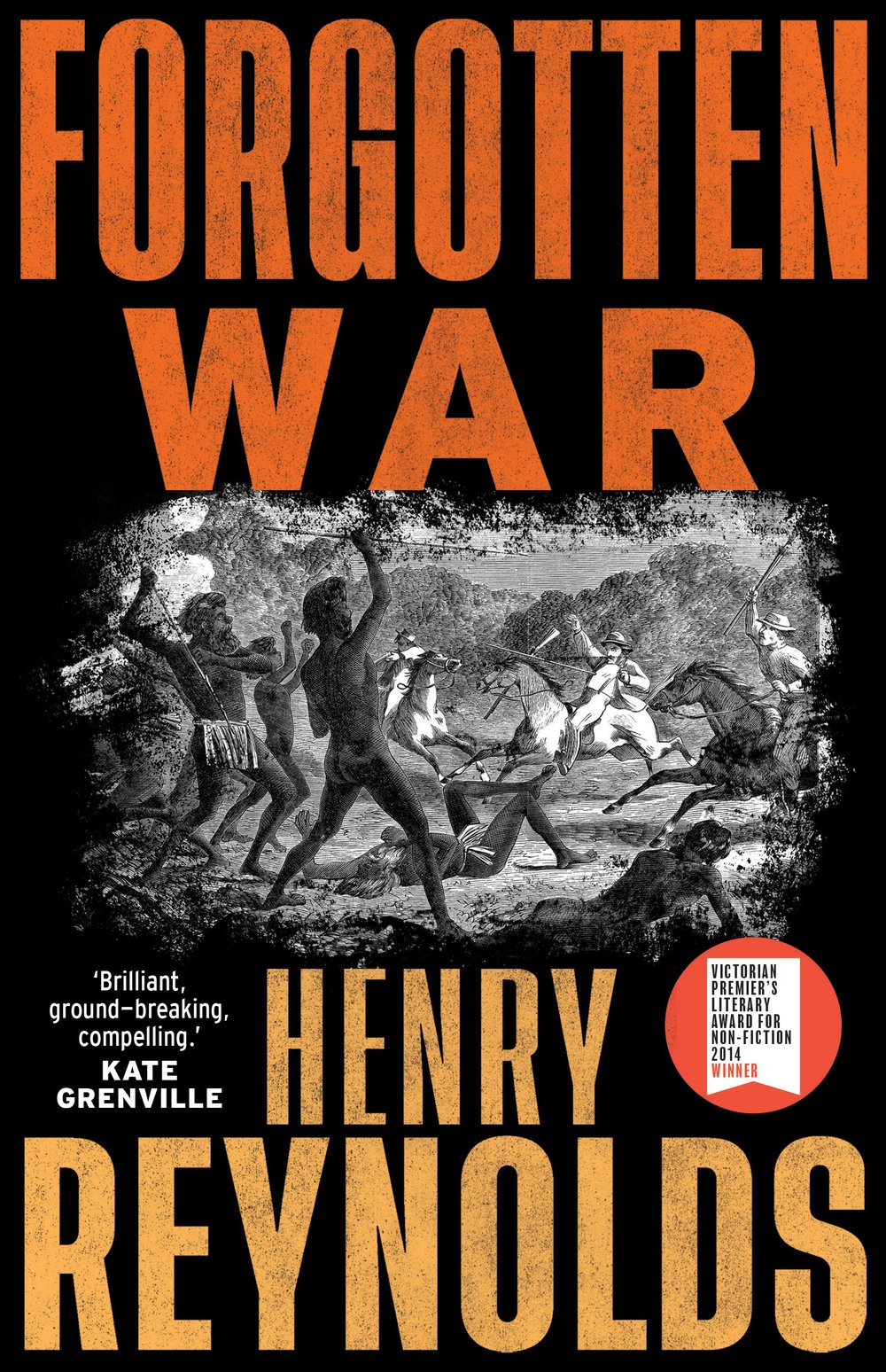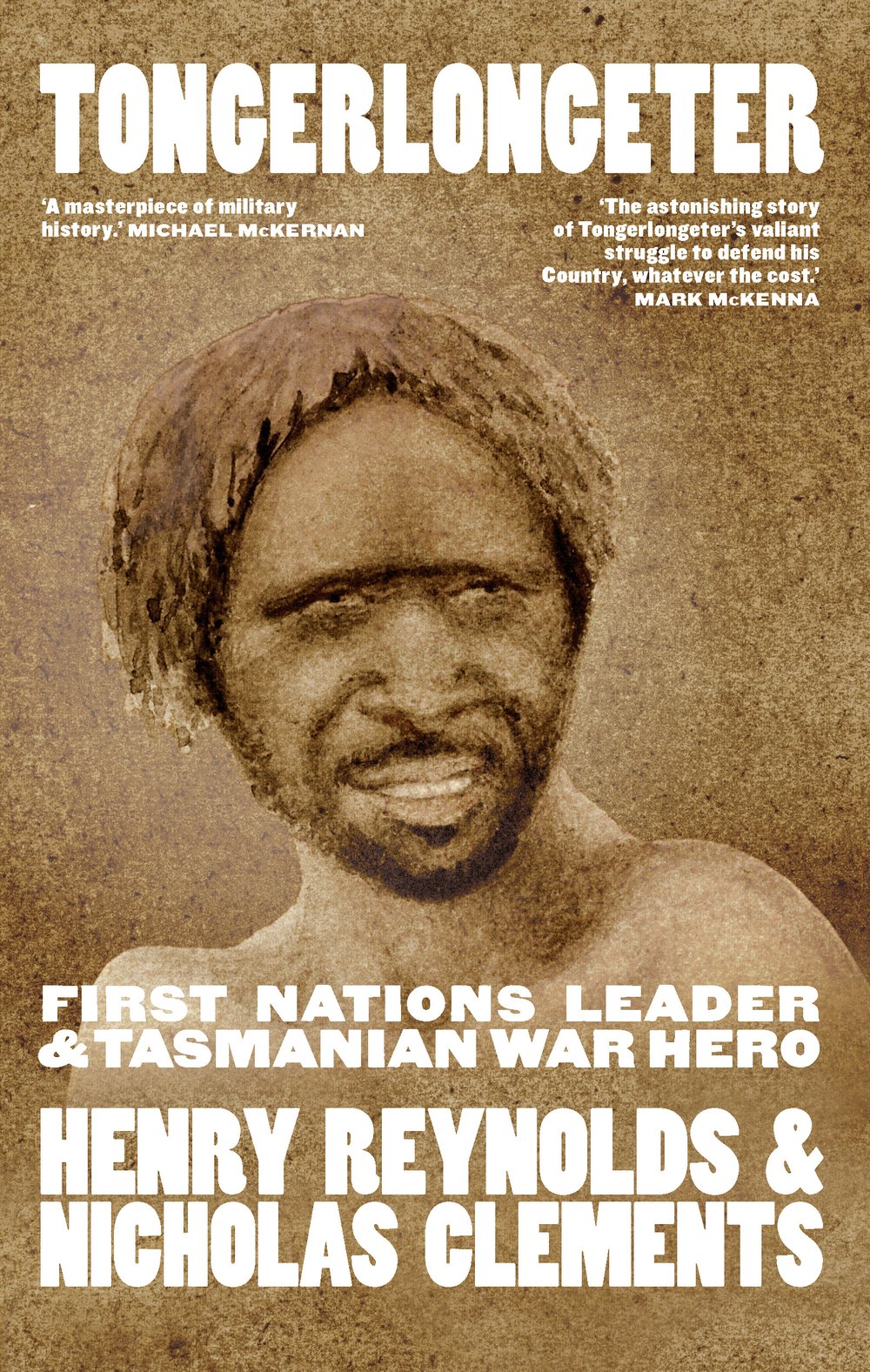Truth-Telling
History, sovereignty and the Uluru Statement
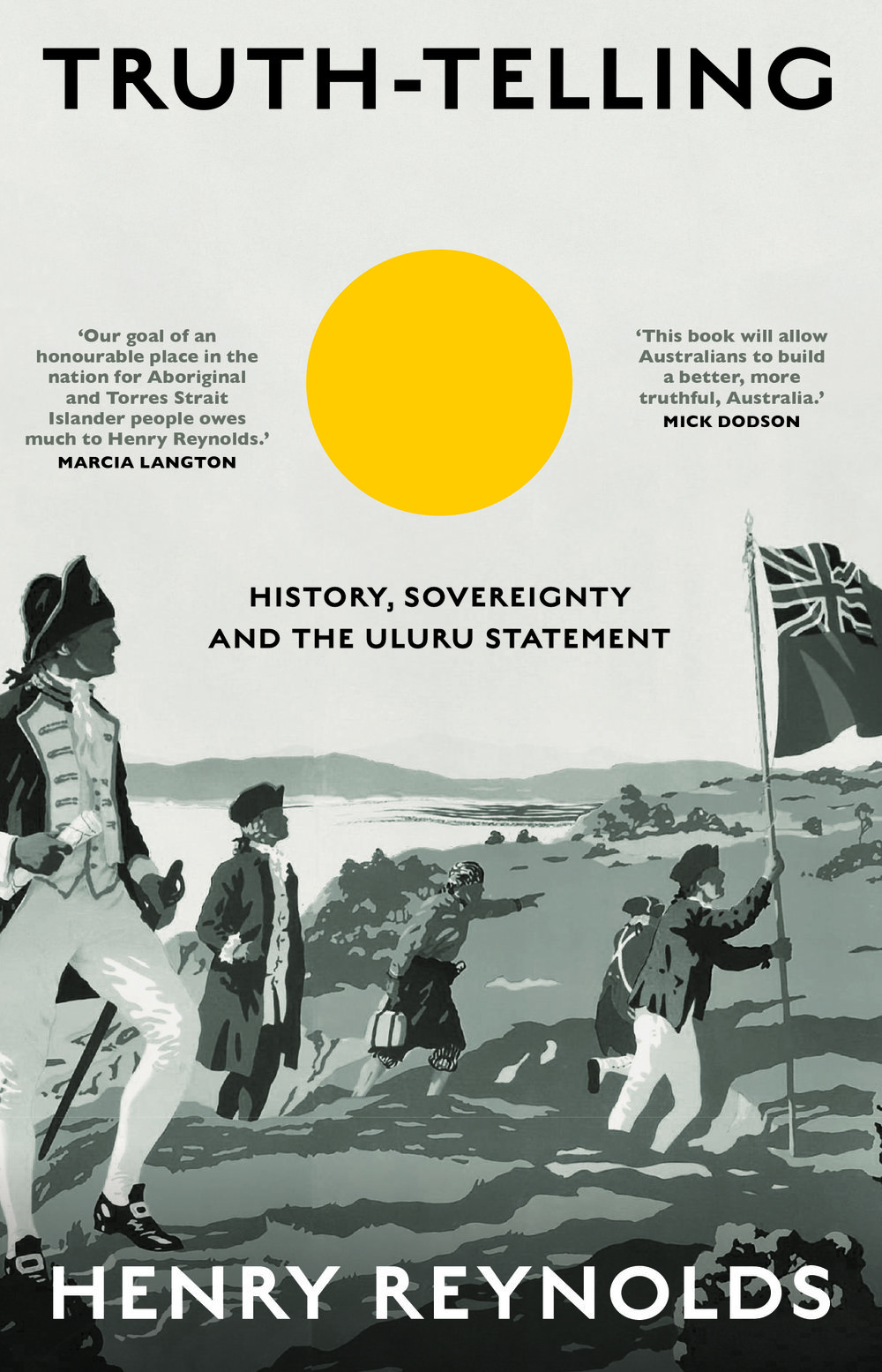
**Winner, Educational Publishing Australia Awards 2021, Non-Fiction Book of the Year**
**Winner, Tasmanian Literary Awards 2022, Premier’s Prize for Non-fiction at the People's Choice Award**
**Shortlisted, Queensland Literary Awards 2021 , Non-Fiction Book Award**
**Longlisted, Dick and Joan Green Family Award for Tasmanian History 2022**
**Shortlisted, Ernest Scott Prize 2022**
**Longlisted, Margaret and Colin Roderick Literary Award 2022**
Inspired by the Uluru Statement from the Heart, and its statement that sovereignty ‘has never been ceded or extinguished’, influential historian Henry Reynolds revisits the very premise of the settlement of Australia and challenges us to do the same.
What if the sovereignty of Australia’s First Nations was recognised by European international law in the eighteenth and nineteenth centuries? What if the audacious British annexation of a whole continent was not seen as acceptable at the time and the colonial office in Britain understood that ‘peaceful settlement’ was a fiction?
Henry Reynolds pulls the rug from under legal and historical assumptions in a book that’s about the present as much as the past. Truth-Telling shows exactly why our national war memorial must acknowledge the frontier wars, why we must change the date of our national day, and why treaties are important. Most of all, it makes urgently clear that the Uluru Statement is no rhetorical flourish but carries the weight of history and law and gives us a map for the future.
‘Our goal of an honourable place in the nation for Aboriginal and Torres Strait Islander people owes much to Henry Reynolds.’ — Marcia Langton
‘This book will allow Australians to build a better, more truthful, Australia.’ — Mick Dodson



